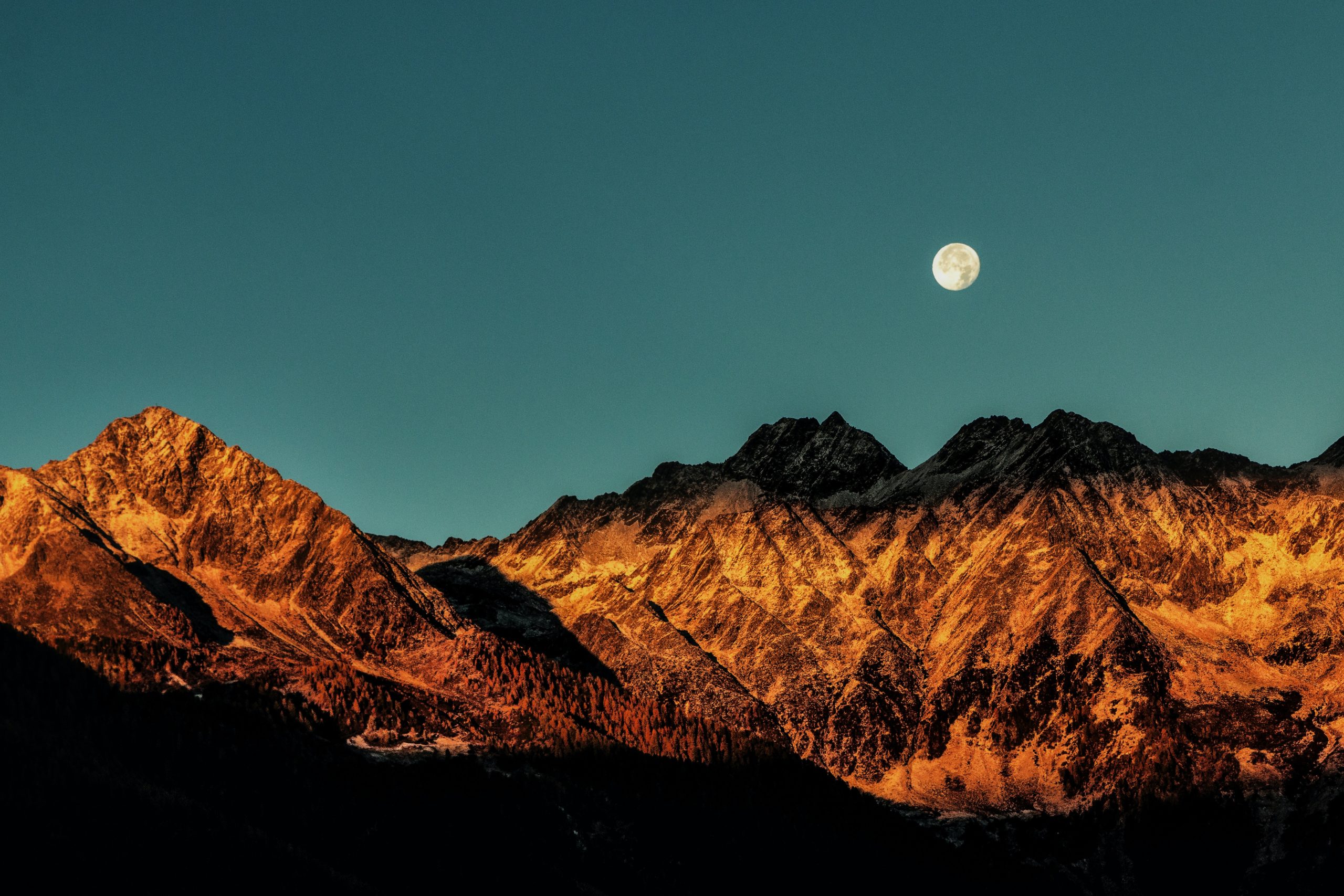And they shall see the Son of man coming
Daytimes the trout stream was a big trout, slippery, dappled, now and then flashing white, easing under the watery aspens. At night it was pale in the blackness. Sitting by the campfire one could only hear it and see a vagueness down there under the bank where it ran. One could not distinguish between the moths brought into the flame, and the sparks flying out, and higher insects catching the light as they passed, and shooting stars, and stars. One could not keep track of these things.
Except that the stars were campfires again. This used to be Indian country, here under the incongruously Swiss-looking snow crags, along the trout stream; here you can still pick up Indian arrowheads of dark bottle-green obsidian, with the hairy chisel marks. When the white man drove the Indians away, they went up there in the sky, over our heads, and lit those campfires. So we have peace between the two again, with the red man up there the winner. His spirit is always seeping back into America, like the blood of the heart seeping back, and it never wipes away. (That time we saw Boulder Dam, the least Indian of all things, we found that Indian patterns had been worked into the massive floors; soft, moccasined, his spirit had come back.)
You would look into the redness of the campfire, and there, standing on its tail and watching you with white, piteously smoking eyes, was the ghost of the trout you had caught in the morning and fried at noon; fried it so fresh that it leapt in the pan.
That particular night something was going to happen, up there in the mountains. Everything was waiting for it. The wind had lowered, the hot ashes fell softly, the stream quieted and the aspens stilled. Now it was happening. We looked up out of our well of blackness to the ridge: the trees along the ridge were catching fire, they were burning, like hair in a nimbus on some old saint’s picture. Flaming hair of trees along the ridge. We waited not moving, and we saw the white fire growing, and then we saw it was the white moon burning and rising up there over the fall of the ridge. Then the night went on as before. It resumed.
Later in the night we went over to the little store on the lake for a couple of bottles of milk. This place is listed on the map as “primitive area,” and it is safely far away from any towns, but even so we were only around the corner to milk “from non-reactive tuberculin tested cows.” That is America.
No moon during the mile’s walk, only the black wind to lean against. The lake was rimmed with a beach piled with tree limbs twisted satiny-white wood that made good burning. We could have sworn the lake was an ocean with China just beyond it, its further shores were so lost and unattainable.
On our way back we punched the dark now and then with our flashlight. Everything was black and quiet. Something was going to happen. We looked up to the hilltop, above the road, and there suddenly was the moon, dawning again, with all the freshness and drama, the ceremony and pause, of its dawning an hour ago, over our campfire.
I had never known before that the moon has many dawnings in a single night. It comes up as many times as there are hills and valleys and eyes watching.
An idea in the world is the same—it has many risings, each authentic and new and especially for the people it shines on. When you describe it, the people do not only hear what you tell them, they get the idea at first hand. It rises for them as it did for you.
The great world ideas are like that. For instance, about the time Jesus rose over England—597—Buddha rose over Japan, 552. A new world idea comes, this time from Shiraz and Baghdad, and it is only beginning to rise, say over the western seas.
“I do not see the new world idea coming out of the East as you describe it,” people comment. It is perfectly all right for them to say this; they are telling you the truth. But then other people, apparently no more brilliant or stupid than the first, do see it. It rises for them, a special dawning for them, and their faces begin to glow with it. It is not only your moon any more, it is theirs too. You don’t have to repeat any more, “See the moon coming up—” or “Wait a minute and you’ll see the moon coming—” They would only look at you and say, “Are you crazy? Of course I see it.”
Back at the campfire, the tamaracks had turned to cypresses in the moonlight. You had to force yourself not to imagine an Eastern palace there, piling lightly into the sky, poised above seven cloudy pools, tiled and terraced, one below the other, one spilling into the other. You had to hang on to yourself not to feel a nostalgia for something long ago that you never knew about; this is much worse than missing something that was once yours. Probably, through a twisting of time, it is a homesickness for what will come later on, perhaps in the world beyond this. Anyhow it takes hold of you if you sit by a trout stream in the summer moonlight.
